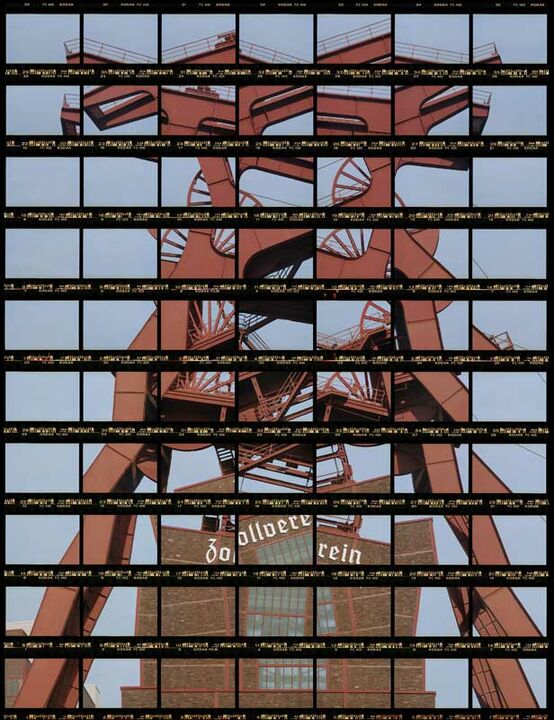Fritz Schupp (1896 - 1974)
Fritz Schupp, born 1896 in Uerdingen, was a German architect and is mostly known for his Shaft 12 of the Zeche Zollverein in Essen. Schupp studied architecture at the Technical University of Karlsruhe, the Technical University of Munich and the Technical University of Stuttgart, where he received his diploma in 1919. First he worked alone, but from 1922 he operated in conjunction with Martin Kremmer with headquarters in Essen and Berlin. In 1951 Schupp became Professor at the Technical University of Hanover. From 1920 to 1974 Fritz Schupp planned a total of 69 industrial plants. Schupp’s most famous work is the pit of the Zeche Zollverein 12which became a UNESCO World Heritage site in 2001. 1964 he was awarded the Grand Order of Merit.
Important Buildings
Administrational Buildings Shaft 7, Zeche Ewald, Herten
German Mining Museum, Bochum (together with Heinrich Holzapfel)
Headframe over the shaft 5 of the Germania mine in Dortmund-Marten
Lutheran Church of Peace, Berlin-Niederschöneweide
Miners village, Am Knie, Dortmund-Neuasseln
Power Station Kraftwerk Gustav Knepper, Dortmund-Mengede
Power Station Springorum, Bochum-Weitmar
Shaft 12, Zeche Zollverein, Essen
Surface installations, Erzbergwerk Rammelsberg, Goslar
Winding Tower, Friedlicher Nachbar, Bochum-Linden
Winding Tower, Locker Room, Zeche Hugo, Gelsenkirchen-Buer
Winding Tower Zeche Vereinigte Dahlhauser Tiefbau, Bochum-Dahlhausen
Zeche Grimberg 1/2, Bergkamen
Zeche Haus Aden, Lünen
Zeche Holland 3/4/6, Wattenscheid
Zeche Katharina, Essen-Kray
Zentralkokerei Alma, Gelsenkirchen









